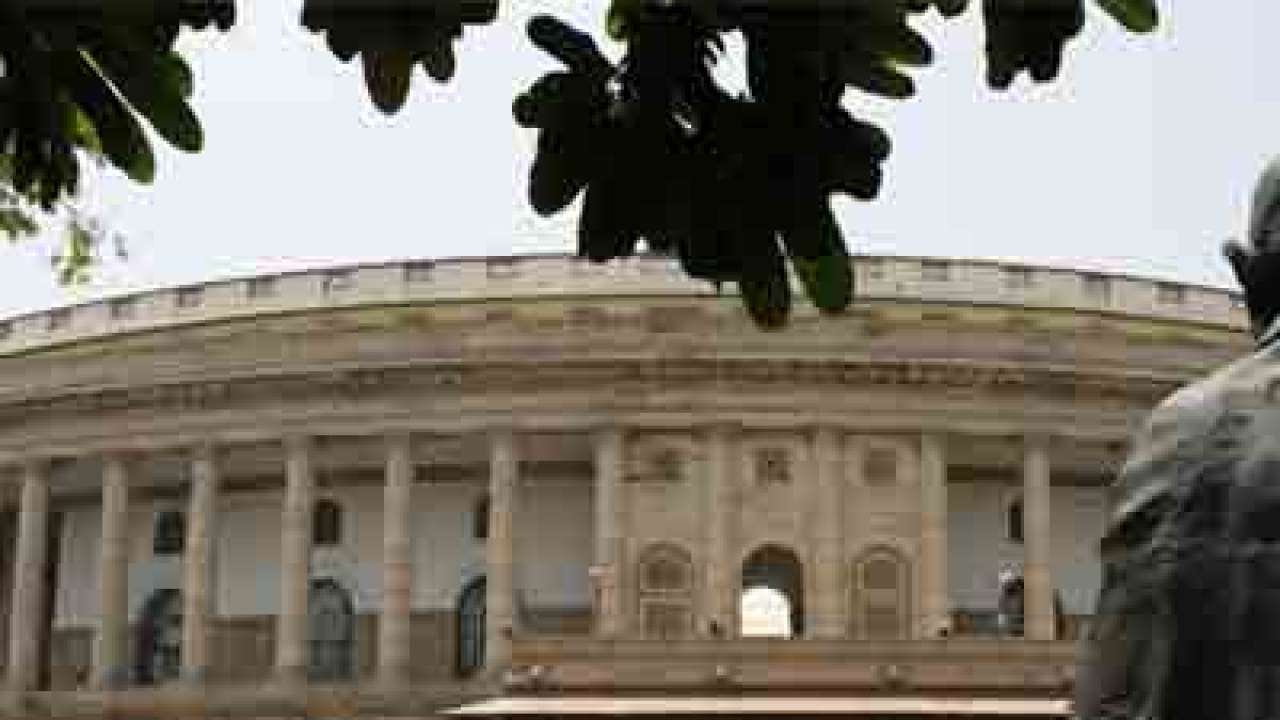
On July 21, Parliament is expected to discuss the Israel-Palestine conflict. This has been agreed after disruption and adjournment of Rajya Sabha last week by the opposition which questioned the government’s dilly-dallying tactics not allowing discussion in the latest Israeli offensive that killed more than 200 people in Gaza.
The question arises whether there should be a discussion on the Israeli-Palestine conflict? Parliament rules say, “Questions making discourteous references to foreign countries with whom India has friendly relations are disallowed.”
External Affairs Minister Sushma Swaraj cited the “discourteous reference” towards “friendly nations” in her argument. She also wrote to Hamid Ansari, chairman of the Upper House, advising against discussion after the matter was listed on Wednesday by the Business Advisory Committee. On heavy criticism, the government buckled under pressure to fix a date for discussion.
India has been a traditional ally of Arab nations and especially supportive for the cause of Palestinian people’s aspirations. With Israel, India resumed formal diplomatic ties only in 1992, thereby becoming a close friend in due course. India not only bought sophisticated arms from Israel to bolster its defence but allowed full-fledged cooperation in several other fields.
In 2006, when Israel attacked Lebanon, Parliament did not turn a blind eye. Both the Houses discussed and condemned Israeli offensive and a resolution was put in the Upper House. “This House unanimously expresses its deep concern over the growing tension in India’s extended neighbourhood of West Asia that has exacerbated an already complex and delicate situation in the region. It unequivocally condemns the large-scale and indiscriminate Israeli bombing of Lebanon…,” said the 2006 resolution. This hard-hitting resolution was adopted in the Upper House despite New Delhi maintaining meaningful relations with the Jewish nation.
There have been strong precedents in Parliament where members discussed global conflicts, not sparing the aggressor even if they are friendly towards India. The NDA government which is now citing Parliament reference of “discourteous reference” took on the United States in 2003 when it decided to topple the Saddam Hussein regime in Iraq.
During Vajpayee’s government, as New Delhi was cosying up to Washington, there was discussion and unanimous resolution relating to the war in Rajya Sabha. “The Government of India would strongly urge that no military action be taken that does not have the collective concurrence of the international community. The international community must take a very careful look both at the objective of achieving Iraq's full compliance with UN resolutions and at the means adopted to reach this goal,” the then prime minister Atal Bihari Vajpayee had said in 2003.
New Delhi friendliness towards Arab nations has been well known. But Parliament discussed the silence of Arab nations when Pakistan turned aggressor against East Pakistan (now Bangladesh) in 1971. The then Minister of External Affairs Swaran Singh admitted the lukewarm attitude of Arab countries, but stressed that India's relations with the West Asian countries remain warm and friendly. “No passing feeling of disappointment should mar these close relations which are in our mutual interest,” he had said in the Parliament.
During early 1950s, China was India’s friend initiated mainly by then Prime Minister Jawaharlal Nehru. China’s entry as a permanent member in the United Nations was discussed in Parliament. But it also turned heat on Beijing when it decided to take offensive against Tibetans. “…I see no difficulty in saying it to the Chinese Government that whether you have suzerainty over Tibet or sovereignty over Tibet, surely, according to any principles, principles you proclaim and the principles I proclaim, the last voice in regard to Tibet should be the voice of the people of Tibet and of nobody else,” Nehru had said.
Examples have put a strong case that there is a lesson to learn from history.